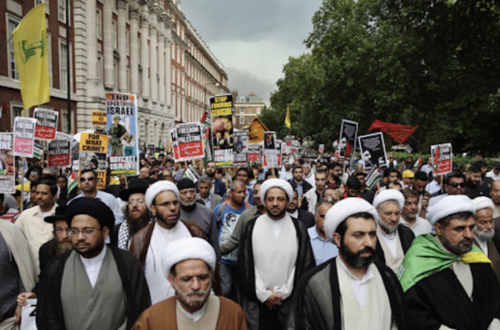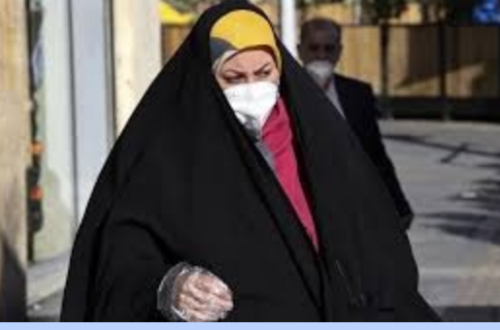This is a guest post by ganselmi and cross posted on Z-Word
At the G20 Summit in Pittsburgh, President Obama revealed what Western intelligence agencies have apparently been aware of for some time: that the Islamic Republic has been constructing yet another secret nuclear facility – this time near the holy city of Qom, where, presumably, the proximity of so many sacred shrines would give second thoughts to anyone planning airstrikes. Earlier this week, Iranian officials admitted the existence of this pilot facility in a short, typically cryptic document filed with the IAEA.
Serious Iran watchers should not be surprised. This is just another testament to the mullah’s mastery of lying, obfuscation, and dilatory posturing vis-à-vis the international community. Nevertheless, the revelation of the Qom facility is an important milestone in the ongoing drama surrounding the dossier. It forces the international community to confront the deeply troubling fact that the IRI has continued to violate its NPT obligations since 2003 (when Tehran allegedly “came clean” and stopped all of its illegal activities).
The disclosure has likely added to the discomfort already felt not just in Jerusalem, but also in Ankara, Riyadh, Abu Dhabi, Cairo, and elsewhere. And it will perhaps push regional actors to throw in their lot with the otherwise reviled “Zionist entity” more openly than they have so far. The members of the so-called “5+1″ group too will benefit from added leverage with which to pressure Tehran to change its behavior.
But how should this development be viewed in light of the Iranian people’s ongoing uprising in response to the fraudulent re-election of Mahmoud Ahmadinejad?
As Israeli Prime Minister Benjamin Netanyahu recently remarked, Iranians from all walks of life have demonstrated “unbelievable courage” in their willingness to face systematic torture, rape, and murder to stand up for democracy, human rights, and the sovereignty of the ballot. That courage was once again on display when the Iranian people co-opted “Quds [Jerusalem] Day” to question the regime’s willingness to waste Iran’s precious petrodollars and international reputation to support terrorist groups like HAMAS and Hizbullah.
Simply put, the Iranian people represent the West’s single greatest asset in its quest to check Iran’s nuclear program. Empowering the Iranian people is the most painless way to achieve a denuclearized Iran. Not since the Cold War then has the success or failure of a grassroots pro-democracy movement held such profound implications for global peace and security. And what the Iranians need above all else is the solidarity and understanding of the world’s democracies. Democratic governments can demonstrate their solidarity by refusing to ever take democratization off the table in their negotiations with the regime.
The Iranians’ success should not just be a matter of concern for U.S strategists or members of the pro-Israel community; it should be a rallying point for people of conscience everywhere who seek a future Middle East built on shared aspirations for peace and prosperity rather than apocalyptic ideologies and endless enmity.
“ganselmi” is the nom de guerre of Sohrab Ahmari, an Iranian-American blogger and first-year student at Northeastern University School of Law.


